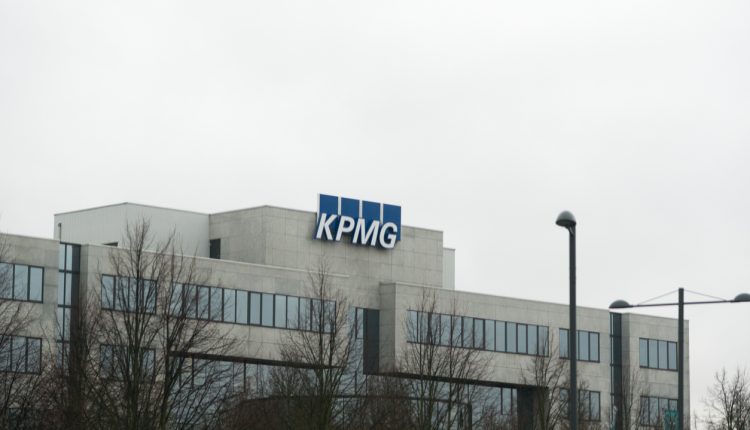The Big Four’s Legal Play: The Pace of Change Accelerates
Law firms today are faced with many challenges including maintaining profitability, running efficiently, recruiting and retaining talent, and keeping up with the latest technology. All of this combined with the rise of the client-empowered era, where clients demand services be faster, simpler and tailored to their needs, is forcing law firms to take note of the fact they need to digitise or die.
In all these things, the Big Four are no longer on the horizon. They are now front and centre in the evolving legal landscape. What they are doing promises to accelerate the pace of change.
The UK’s Legal Services Act 2007 enabled the Big Four’s move. While it initially was gradual, it has gained momentum in the past year. UK law firms now need to pay attention. Ralph Baxter, former CEO of Orrick and Intapp board member, discusses with Lawyer Monthly why law firms have reached a ‘tipping point’.
Today, many of the largest law firms find demand for their services flat or declining. While they continue to be profitable and deliver excellent service, they face mounting competitive pressures. Their clients are restless and want their legal service delivered even better, faster, and cheaper.
Clients are now more inclined to move work away from the “usual suspects,” and the Big Four are offering new alternatives that they may find appealing.
Clients are now more inclined to move work away from the “usual suspects,” and the Big Four are offering new alternatives that they may find appealing.
Each one of the Big Four has set its sights on the legal service market. They have been in and out of the legal market in the past, but now they are getting in, and in a very big way. They are significant competitors. They already have relationships with nearly every significant business in the world and have already developed legal capacity, with thousands of in-house lawyers.
The Big Four’s geographic reach is greater than any law firm, with all boasting coverage across 150 countries or more. Their headcount is equally impressive: Deloitte has more than 286,000 employees, EY, 260,000, PwC 250,930 and KPMG 189,000. These firms know how to run a big business and have very deep pockets. They are highly adept at nurturing client relationships, advising on all the business issues that are adjacent to legal issues.
Each of the Big Four has announced and demonstrated that they are serious about investing in legal services. PwC says that it is the largest legal services network by geography, with more than 3,500 lawyers in 90 countries and immigration law services in 116 countries.
Each of the Big Four has announced and demonstrated that they are serious about investing in legal services.
Deloitte recently announced that its Tax & Legal division saw an 8.7% revenue growth “driven by the needs of clients who face an increasingly complex landscape of tax and legal requirements everywhere they operate.” Earlier this year, Deloitte received its ABS licence, and announced plans to expand its UK legal services by launching managed services, such as automated document review and contract management, and consulting services. Matt Ellis, managing partner for tax and legal at Deloitte, said “We don’t want to replicate a traditional law firm. We’re planning to use our technology and advisory skills to transform legal services.”
In September, EY said demand for its legal services fuelled its expansion to more than 2,200 law practitioners in more than 80 countries around the world. This December, KPMG recorded net sales growth of 7% for its Tax, Pensions and Legal Services and now has more than 1,500 lawyers, a number it aims to double over the next few years.
If the above isn’t illustration enough of increasing momentum, there have been some other significant strategic developments this year. For example, PwC’s deal with Fragomen, one of the leading immigration law firms. This relationship gives PwC access to a partner that can deliver immigration services across the US.
EY UK’s acquisition of Riverview Law is equally notable. It means that the consultancy can offer a blend of legal outsourcing and in-house support. Also of significance is the range of legal issues that KPMG UK is now counselling clients, such as Brexit strategy and restructuring.
The Big Four’s entry increases the urgency for law firms to adapt to the changing legal service marketplace. While most firms give lip service to impending market changes, and make “innovations” around the edges, the times call for much more fundamental reforms. Firms need genuinely to reconsider their core business models and actively engage process design and technology to find new and better ways to serve clients.
The Big Four’s entry increases the urgency for law firms to adapt to the changing legal service marketplace.
The Big Four moves represent a wake-up call for traditional law firms. It is no longer enough to be excellent lawyers. Clients want more, and worthy new competitors are entering the market to respond to their desires. The future will not be kind to the complacent.




